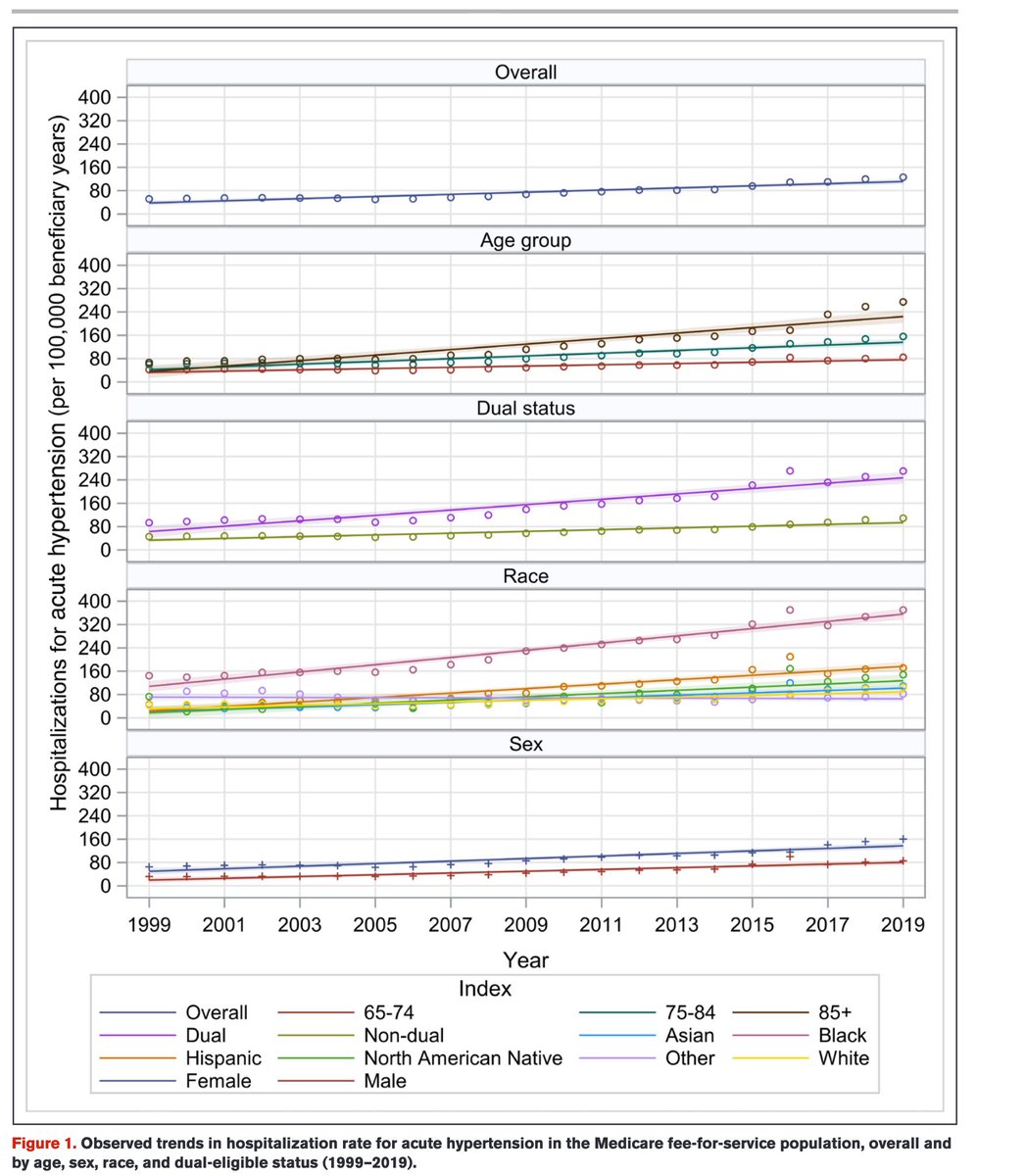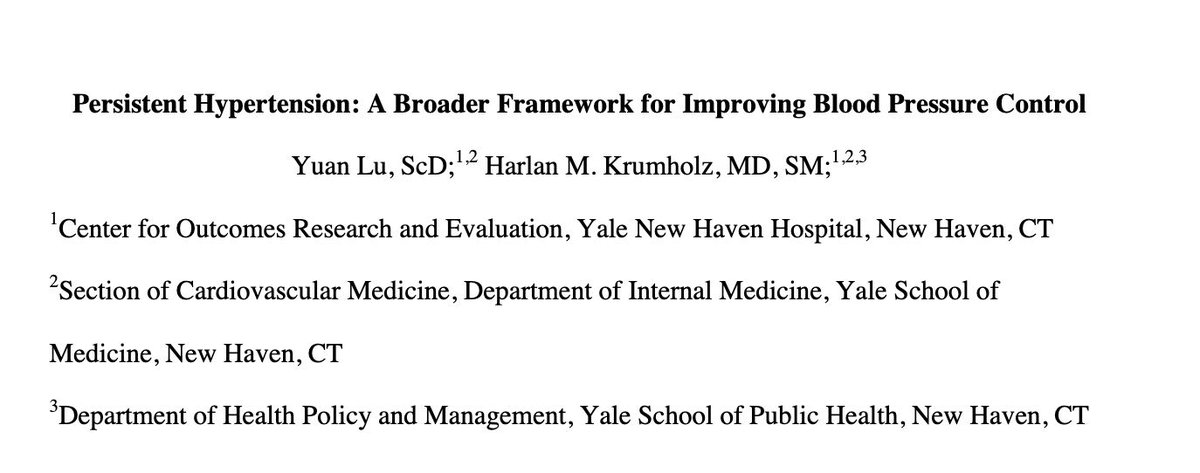
So many questions still about med device regulation. In our @JAMAInternalMed article we take the Class I recall of Penumbra JET7 Reperfusion Catheter to explore oversight of med devices in the US. Led by star med student @ktkadakia jamanetwork.com/journals/jamai… @jsross119 @AdamLBeckman 

@JAMAInternalMed @ktkadakia @jsross119 @AdamLBeckman "JET 7 device was subjected to class I recall following more than 200 adverse event reports, 14 of which involved patient deaths.” We explore the evidence at authorization that the catheter was safe and effective. The findings were disappointing. @YaleMed @YaleCardiology @US_FDA
@JAMAInternalMed @ktkadakia @jsross119 @AdamLBeckman @YaleMed @YaleCardiology @US_FDA "Regulatory analysis indicated that each of the Penumbra reperfusion catheters was cleared under the 510(k) pathway (which allows devices to be authorized with limited to no clinical evidence), with limited submission of either new clinical or animal data.” So this is an issue.
@JAMAInternalMed @ktkadakia @jsross119 @AdamLBeckman @YaleMed @YaleCardiology @US_FDA Our paper raises question: are we are letting devices through w/o enough scrutiny. "Clinical evidence for Penumbra devices was generated from nonrandomized, single-arm trials with small sample sizes.” We want to balance innovation and caution, but do we have the right balance?
• • •
Missing some Tweet in this thread? You can try to
force a refresh














